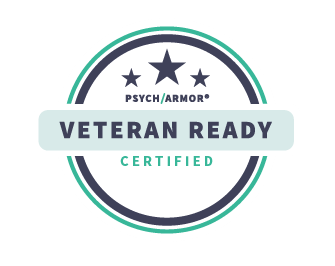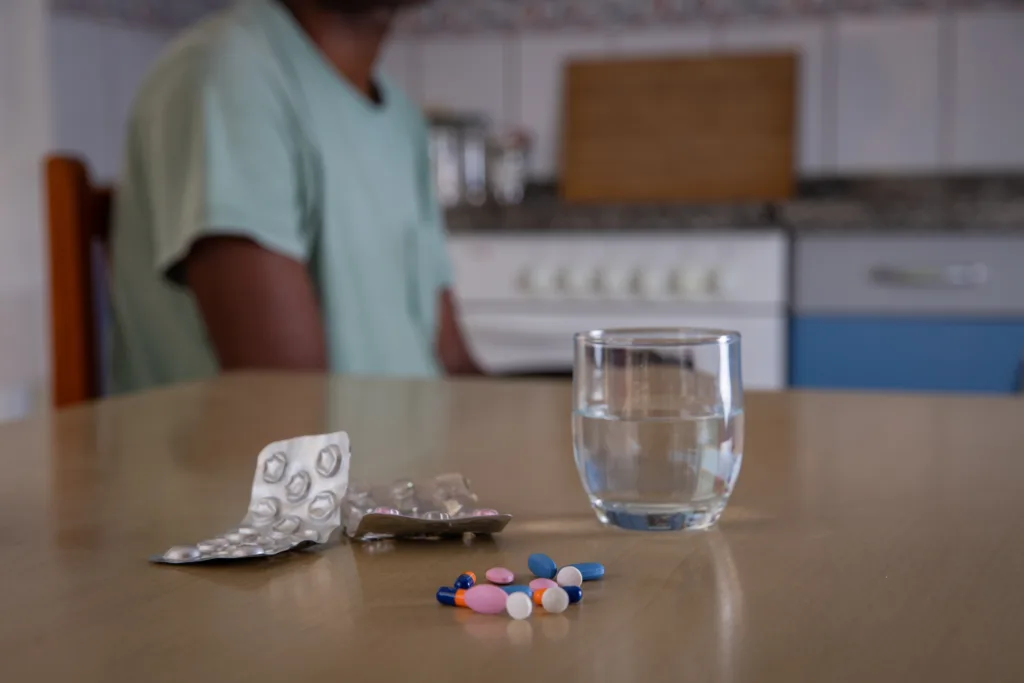Sober Socialization in Recovery: Why is it Important?

Sober Socialization: Why Does it Matter?
Similarly to many other animals on the planet, humans are social creatures by nature. Wolves live in packs, horses live in herds, birds fly in flocks, and fish swim in schools. Humans form civilizations where they live together for the mutual benefit of resource sharing, aid in child rearing, physical protection in numbers, and emotional connection and fulfillment. Psychological wellbeing is not the least of these benefits.
Benefits of Human Connection
Since the beginning of time, humans have joined together in groups to form small communities that eventually evolved to society as we know it today. These bonds were originally forged for the sake of survival: the men hunted prey to bring home to the women and children, and they united in the face of danger from predators and other people groups who threatened to steal their resources. Women joined forces to nourish and educate their children, as well as prepare food for their communities and provide goods such as clothing. Strong cultural and relational bonds formed in these early societies, characterized by ancient worship rituals, song and dance.
In today’s day and age, most industrialized nations have become further removed from their immediate food sources and need to protect against wild animals; however, the social and communal needs of the human person have not changed. By the nature of our biology which requires protection and nurturing from our parents at birth and throughout childhood, every person is biologically wired for connection. Simply stated, humans need other humans.
Dangers of Isolation
In ancient times, isolation was perilous. One left alone to fend against a Siberian tiger or a foreign tribe did not stand a chance of survival. There was strength in numbers.
Today, isolation can still have devastating effects on the health and wellbeing of the human person. In addition to detrimentally impacting mental health, social isolation and loneliness can lead to decreased physical wellbeing. Isolation and chronic loneliness are linked to myriad negative health outcomes including but not limited to higher rates of premature mortality, depression, anxiety, decreased cardiovascular function, lowered immunity and poor sleep quality.
Socializing Sober vs. Drunk
Some people will make the argument that alcohol use enables them to socialize with others with less concern for what people think. They say that it makes them more “fun,” limiting inhibitions and allowing them to be present to the moment instead of remembering the stressors of daily life. The problem with this reasoning is that just as alcohol diminishes your concern for your reservations, it also detracts from who you truly are as a unique individual.
The influence of alcohol changes peoples’ personalities, although it may be slight. It allows people to put on a “mask,” changing the way they show up to their friendships. This perpetuates the mindset that once is not good enough as they are; they need the influence of a substance to make themselves exciting enough to want to spend time with. This can perpetuate a negative self-image as the person habituates the rejection of who they are without the influence of alcohol, forming a reliance upon the impact that it has on their behavior. This poses obvious challenges in the case of recovery from substance use disorders.
Risks of Socializing Drunk
Aside from the psychological implications of habitually intoxicated social interactions, there are legitimate physical dangers associated with the effects of being drunk in social settings. People have the capacity to make bigger mistakes when other people are involved. For example, when you introduce a public setting, you need transportation. More than 13,000 people died in alcohol-related car crashes in America in 2021 alone. DUI’s comprise almost ten percent of the country’s arrests each year.
Many people report making erratic financial decisions while under the influence, spending far more than they would have if they were sober. Liberal sexual activity can also result from impaired judgment, decreasing one’s ability to give full consent in the heat of the moment. Alcohol-induced sexual promiscuity can lead to sexual trauma, contraction of STDs and unplanned pregnancies.
Sober Activity Ideas
While it may seem like a daunting task to change habits of socializing drunk, the benefits of sober socializing far outweigh the costs of building a life around substance use. That being said, socializing sober may seem like a tall order if you are accustomed to orienting your activities around substance use. Thankfully, it is not as difficult as it may seem. Here are some ideas of sober, wholesome pastimes that can be enjoyed with friends, old or new.
Exercise: Move your body and get some fresh air with activities such as biking, hiking or walking in the park.
Culture: Enjoy touring a local museum, going to a theater for a play or seeing a movie in theaters with a friend. An art or pottery class could be a great option.
Food: Try a new restaurant or sign up for a cooking class to expand your culinary palate. Coffee shops are perfect for daytime meetings with friends. *Be mindful here to choose restaurants and settings that will not trigger relapse.*
Extreme Sports: Looking for an adrenaline rush? Extreme sports such as rock climbing, mountain biking, base jumping or scuba diving can get your heart pumping, no substance needed.
Find Support for Your Recovery Journey Today
If you or a loved one are struggling with sober living, you are not alone. Contact Silvermist Recovery online today, or call (412) 561-9558 to begin to rebuild your village and journey together towards a healthy lifestyle.






